Politics
Judges Weigh Nearly $1 Million in Sanctions Against Trump in Clinton RICO Case
By Jake Beardslee · November 20, 2025

Appeals Court Signals Doubt
A federal appeals panel on Tuesday appeared skeptical of Donald Trump’s attempt to revive a dismissed racketeering lawsuit that accused Hillary Rodham Clinton, James Comey, and numerous others of orchestrating an “unthinkable plot” to link his 2016 campaign to Russia. The three-judge Eleventh Circuit panel also reviewed whether nearly $1 million in sanctions imposed on Trump and former attorney Alina Habba should remain in place. The White House / Wikimedia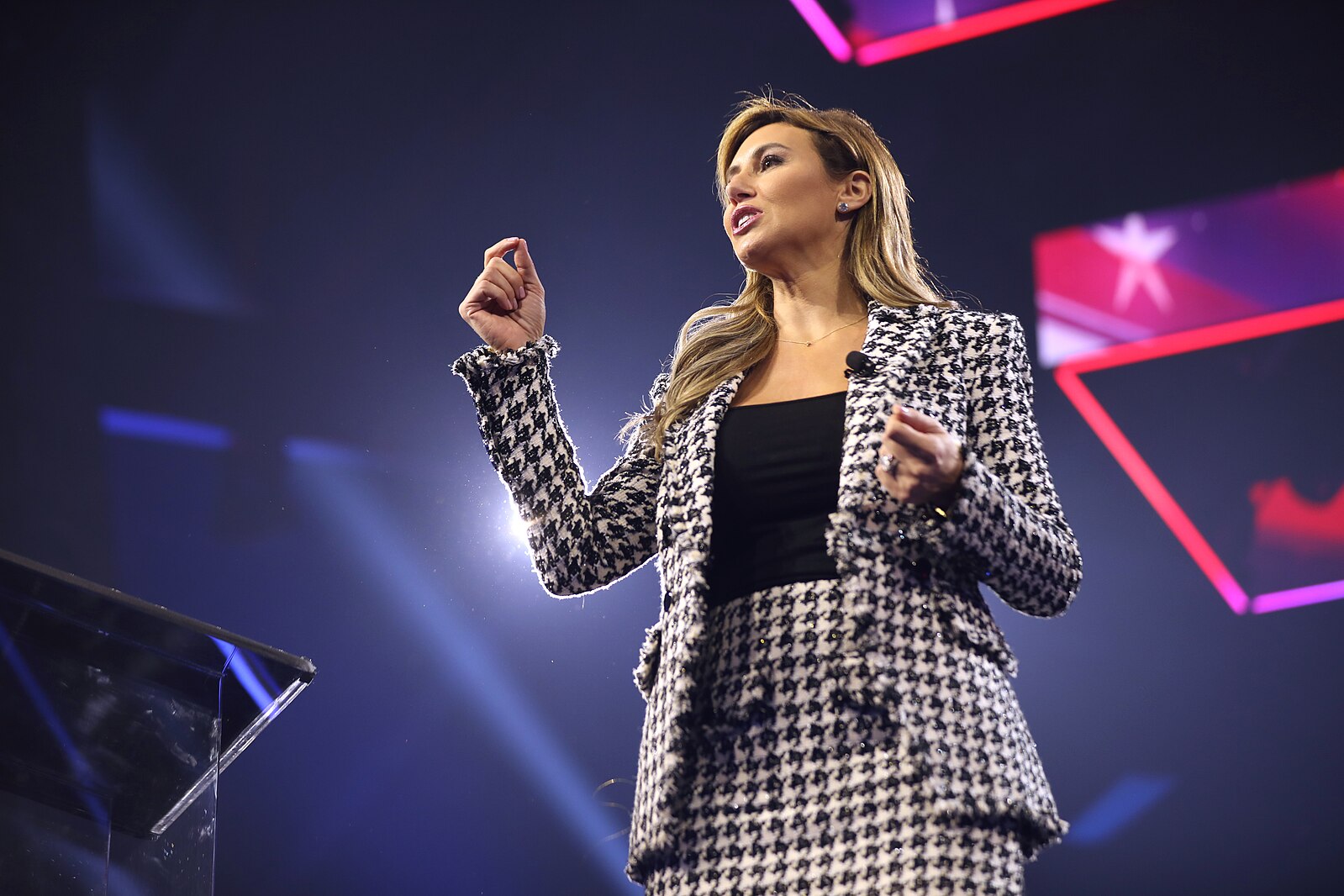
High Stakes for Trump’s Legal Strategy
The outcome will determine whether Trump and Habba remain jointly responsible for $938,000 in penalties and may clarify how far political figures can push expansive conspiracy claims in federal court. The case has become another flashpoint over whether the judiciary can be used to litigate political grievances. Gage Skidmore from Surprise, AZ, United States of America, CC BY-SA 2.0 https://creativecommons.org/licenses/by-sa/2.0, via Wikimedia Commons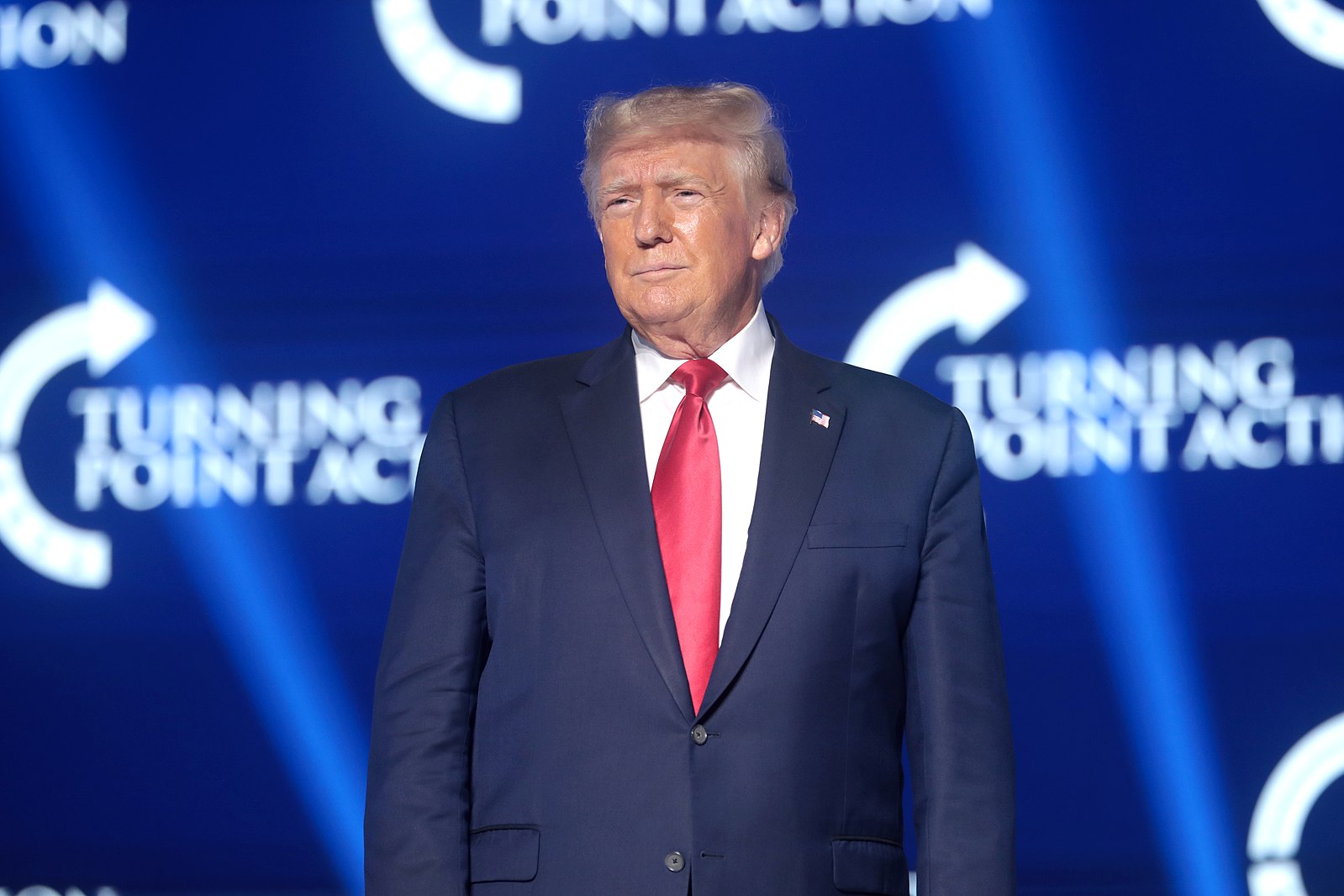
Origins of the RICO Lawsuit
Trump filed the sweeping RICO action in 2022, claiming more than two dozen defendants acted “in concert” to “weave a false narrative” of wrongdoing, which he said spurred damaging investigations into his campaign and businesses. His complaint described Clinton and others as part of a broad effort to fabricate allegations of collusion between his campaign and Russia. Gage Skidmore from Surprise, AZ, United States of America, CC BY-SA 2.0 https://creativecommons.org/licenses/by-sa/2.0, via Wikimedia Commons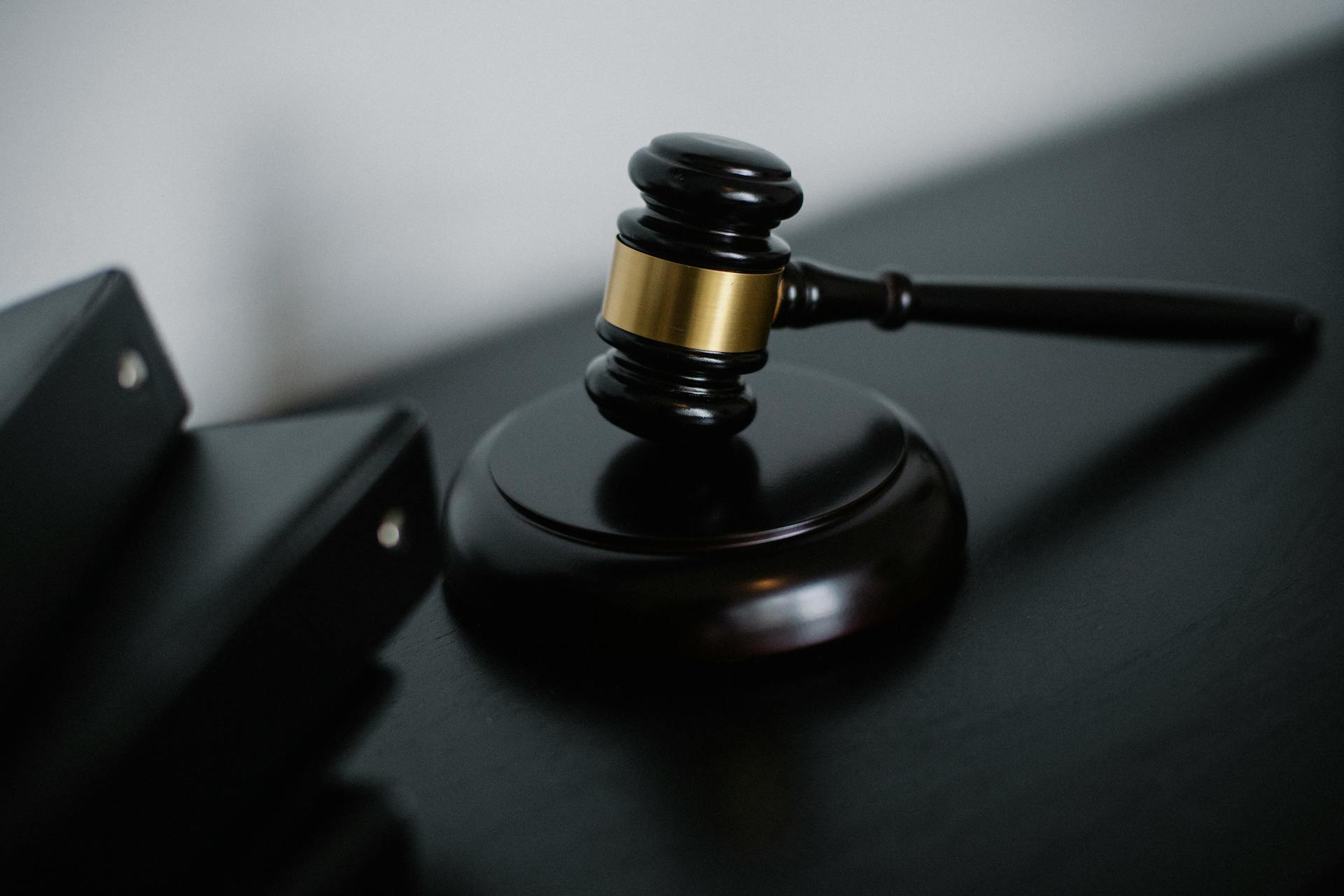
The District Court’s Dismissal and Rebuke
U.S. District Judge Donald Middlebrooks rejected the 193-page complaint in 2023, calling it a “shotgun pleading” and finding its allegations “foreclosed by existing law.” The judge ruled that Trump failed to identify a coordinated “enterprise,” did not allege valid predicate acts, did not show quantifiable financial harm, and filed too late under the four-year statute of limitations.In a subsequent sanctions order, Middlebrooks wrote: “This case should never have been brought. Its inadequacy as a legal claim was evident from the start. No reasonable lawyer would have filed it.” He further concluded the lawsuit was “intended for a political purpose,” and that dozens of individuals “were needlessly harmed in order to dishonestly advance a political narrative.” Sora Shimazaki / Pexels
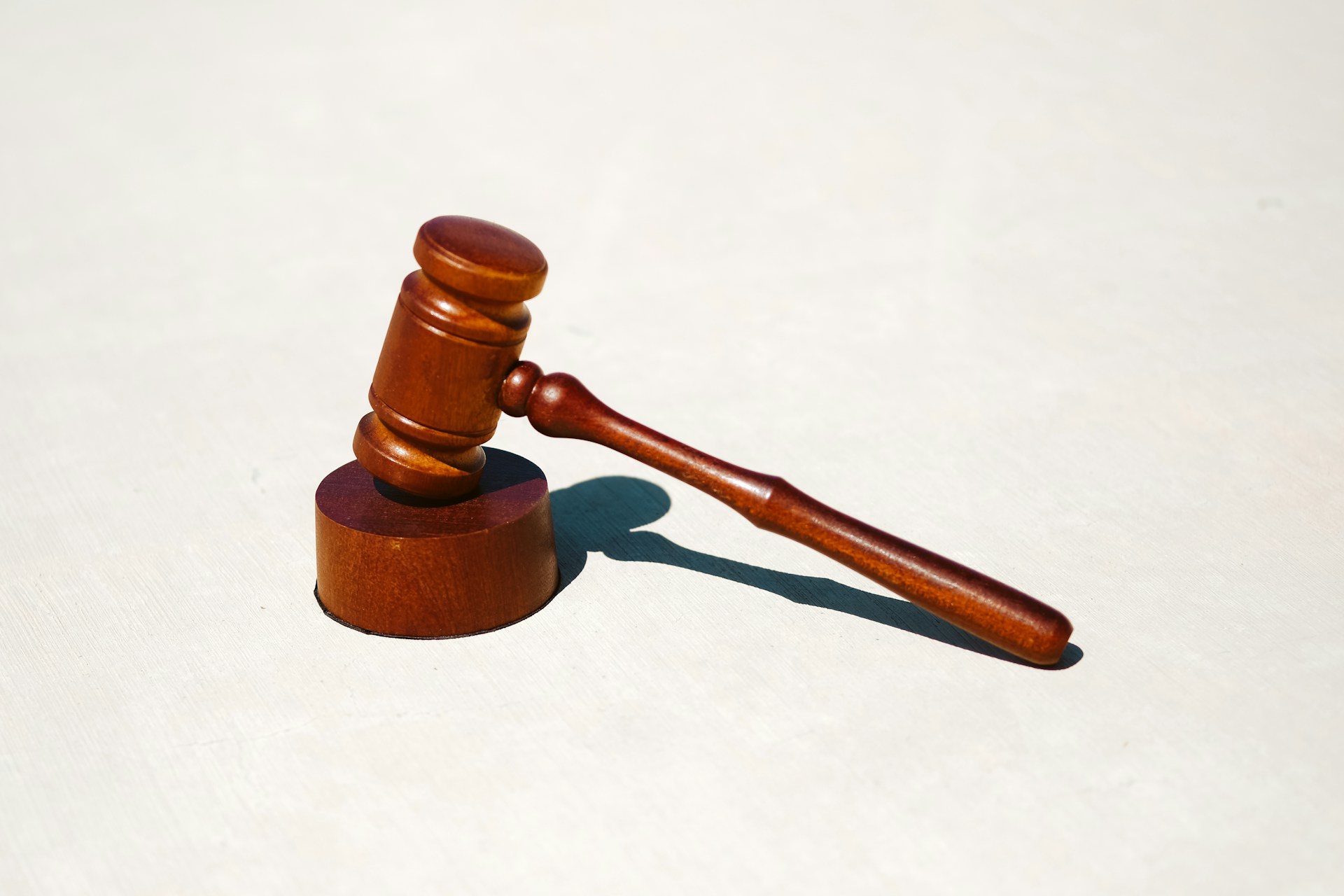
Appellate Judges Challenge Trump’s Arguments
At the Eleventh Circuit hearing in Birmingham, Trump attorney Richard Klugh argued that the district court misapplied the law and that Trump suffered reputational and business injury stemming from false accusations of a “secret back-channel between the president and the Kremlin.”Chief Judge William Pryor pressed Klugh on the failure to address the district court’s multiple grounds for dismissal, noting: “When a district court dismisses on multiple grounds, you’ve got to knock down every one of those grounds.” He also questioned the sufficiency of Trump’s damages claims, saying: “I don’t see where you’ve really attacked that.”
When Klugh suggested the district court misunderstood the structure of the complaint, Pryor replied: “Mr Klugh, I can read this complaint, it’s a shotgun pleading. There’s no question about that, is there?”
Judge Andrew Brasher raised additional concerns about statutes of limitation and whether the claims were barred entirely. Tingey Injury Law Firm / Unsplash

Sanctions and Defendants’ Responses
Several defendants—including Charles Dolan—successfully sought sanctions, arguing that Trump’s allegations against them were “false” and “cavalierly presented.” The amended complaint, the court noted, “failed to cure any of the defects” identified earlier, deepening the justification for penalties. The White House / Wikimedia
Key Quotes From the Record
Trump’s complaint contended that alleged wrongdoing by Clinton and others had been revealed over time, stating: “The full extent of the Defendants’ wrongdoing has been steadily and gradually exposed […] these ‘speaking’ indictments not only implicate many of the Defendants named herein but also provide a great deal of insight into the inner-workings of the Defendants’ conspiratorial enterprise.”Middlebrooks’ sanctions order reiterated: “This case should have never been brought. Its inadequacy as a legal claim was evident from the start. No reasonable lawyer would have filed it.” Gage Skidmore from Peoria, AZ, United States of America, CC BY-SA 2.0 https://creativecommons.org/licenses/by-sa/2.0, via Wikimedia Commons
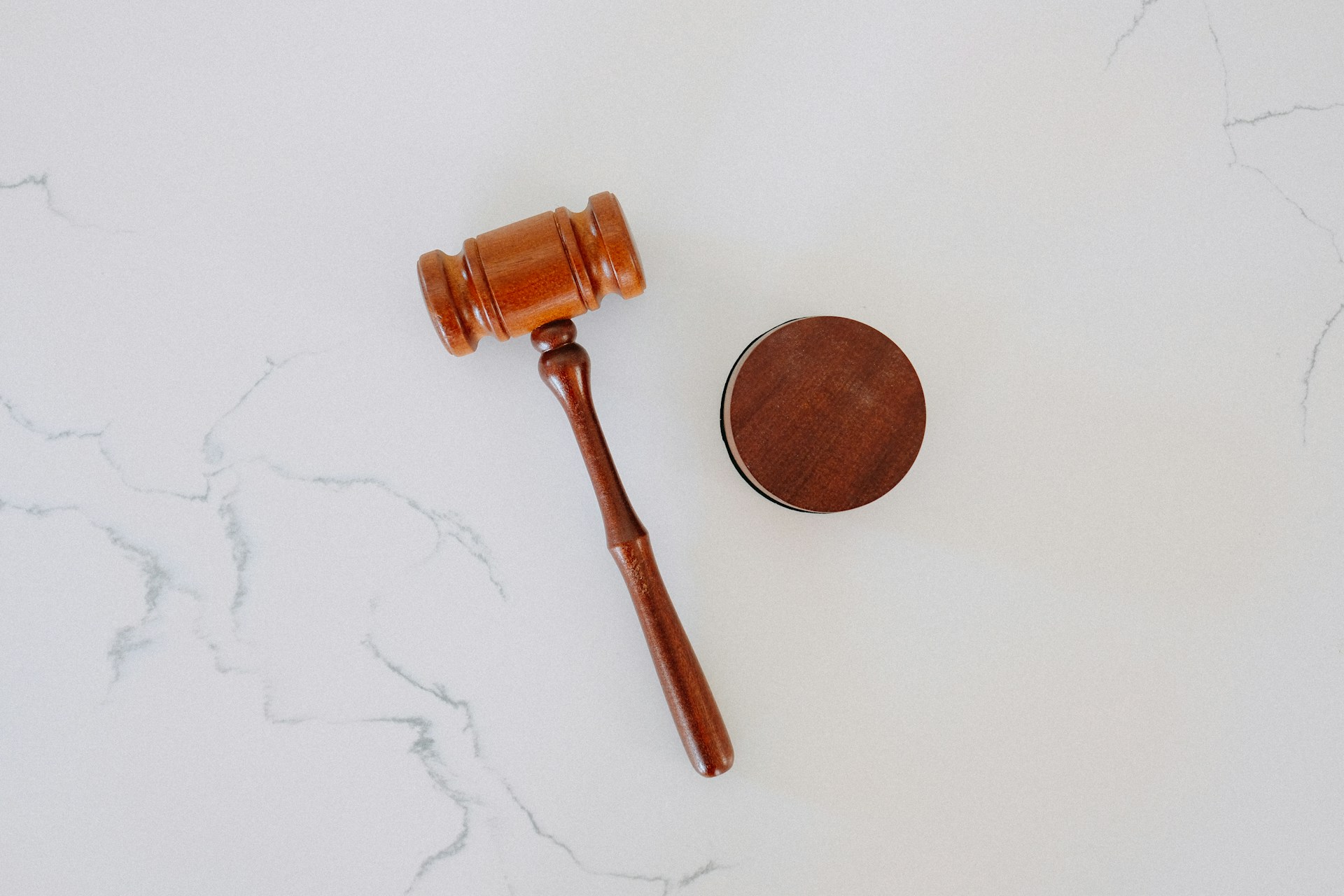
What Comes Next
The Eleventh Circuit will issue a written ruling in the weeks or months ahead. The panel can affirm the dismissal and sanctions, revise the penalties, or revive some portion of Trump’s claim. If Trump loses, he may seek a full-court rehearing or appeal to the Supreme Court.An affirmation of the sanctions would move the case toward enforcement and final calculations, cementing the district court’s conclusion that the lawsuit functioned as “a political narrative” rather than a viable racketeering claim. Tingey Injury Law Firm / Unsplash